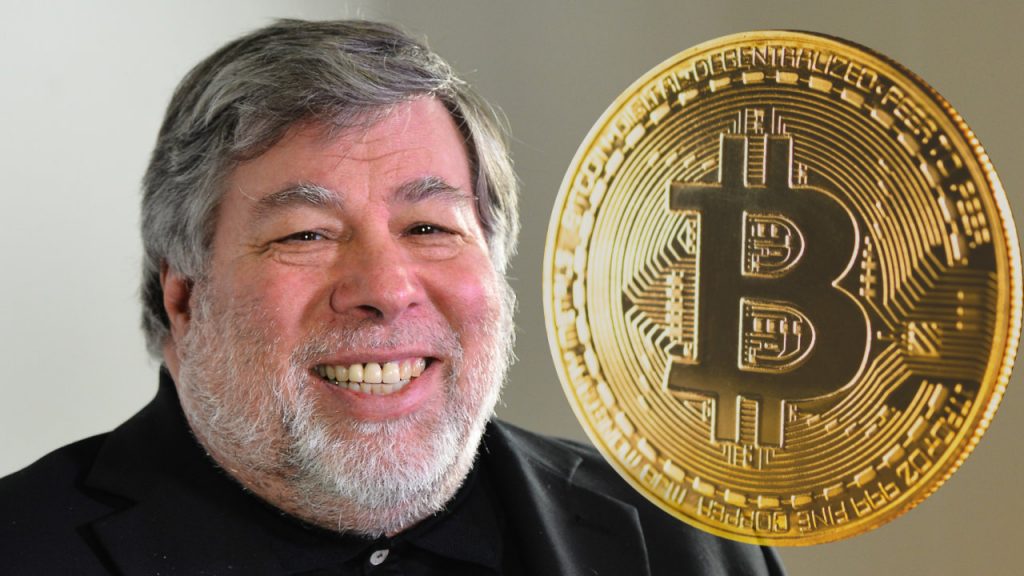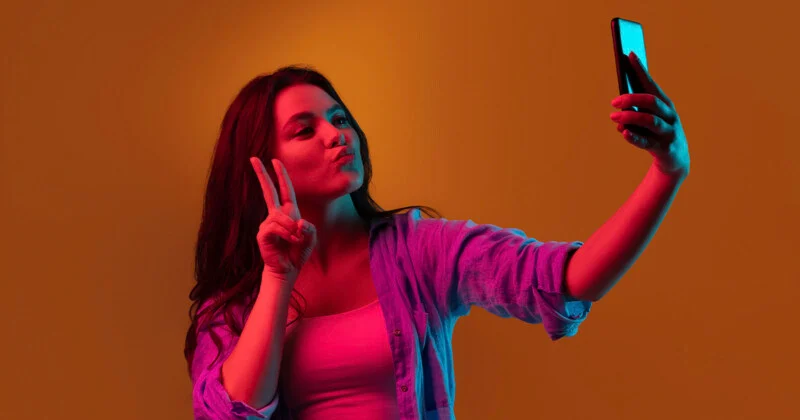Steve Wozniak, the co-founder of Apple, has emerged victorious in a recent court battle against YouTube. The dispute centered around the unauthorized use of manipulated videos that featured his image and were used in a Bitcoin scam last year. A recent ruling by the appeals court has overturned a previous decision made by a lower court, which had cleared YouTube of any liability.
Bloomberg reported that a San Jose appeals court has made a ruling stating that YouTube cannot use a controversial communications statute to avoid responsibility for a fraudulent act. This act involved a manipulated video that exploited the popularity of the Apple co-founder to deceive and scam individuals.


The recent ruling permits Wozniak to proceed with the lawsuit against the video streaming platform, potentially opening the door for a revision of the federal law that shields video streaming platforms like YouTube from any responsibility for the content posted on their platform.
Read More: Chef Residency Is Restaurant’s Most Exciting Trend
YouTube Sued for Fake Bitcoin Scam in 2020
In 2020, a lawsuit was filed by the Apple co-founder and 17 others, which included prominent figures like Bill Gates, Elon Musk, and Michael Dell. The lawsuit targeted YouTube and its parent company, Google, due to the spread of manipulated videos that promoted a fraudulent scheme and gained significant attention on the platform.
The edited video included extra text and images that made enticing claims about free Bitcoin. It also displayed BTC tickers showing a value of $70,353, and viewers were encouraged to send Bitcoin to a specific address to receive double the amount.
The recent appeals court ruling is considered a major victory for Wozniak and others, as a judge from Santa Clara County Superior Court had previously determined in 2022 that the companies were shielded from legal responsibility under Section 230 of the Communications Decency Act.
The appeal court judges noted that popular YouTube channels are frequently targeted by hackers to promote scams. Google and YouTube have been accused of playing a significant role in the scam by granting verification badges to compromised YouTube channels.
The platform neglected to remove the verification badges even when the channels began posting scam videos, and one channel even received a verification badge during the scam.
Therefore, the appellate court noted that companies may not receive protection under Section 230 immunity because they played a role in the scam by verifying.
According to Joe Cotchett, Woznaik’s lawyer, the verdict emphasizes the need for social media platforms such as Google and YouTube to be accountable for their actions, rather than relying on Section 230 as a complete defense.




